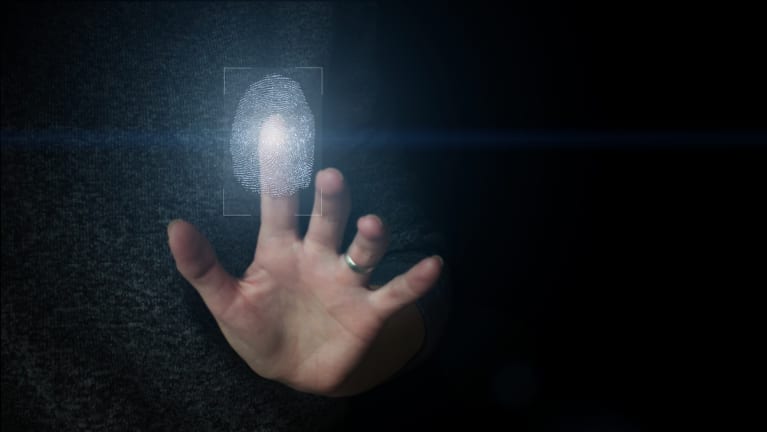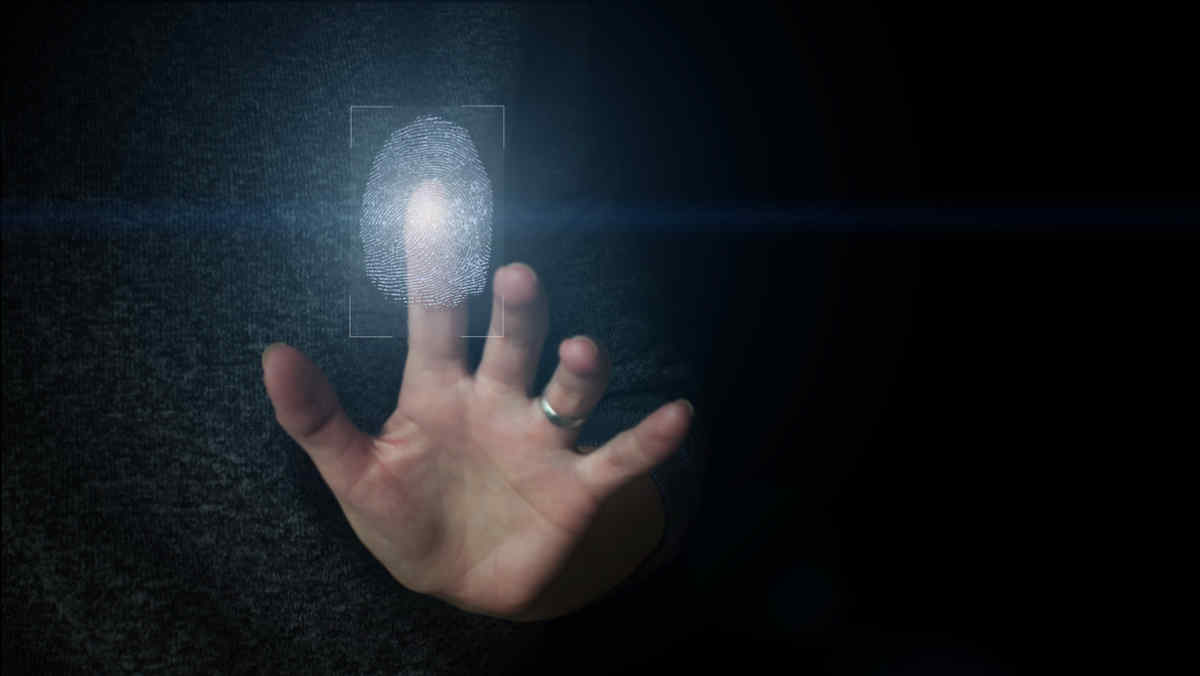

?The Illinois Supreme Court recently ruled out the possibility of a one-year statute of limitations for claims under the Illinois Biometric Information Privacy Act (BIPA). The case is called Tims v. Blackhorse Carriers, Inc.
In answer to the certified question of whether the limitations period under section 13-201 of the Illinois Code of Civil Procedure for claims involving “actions for slander, libel or for publication of matter involving the right of privacy” or the five-year catchall limitations period for personal actions codified in section 13-205 of the Code governs claims under BIPA, the court found that, because the statute does not have its own limitations period, the catchall five-year statute of limitations period must apply.
The decision could have a significant impact on the scope of potential damages for BIPA violations, particularly as to class-wide liability, and on the continuing rise of BIPA class-action filings.
Background
On Jan. 26, the Illinois Supreme Court granted leave to appeal the ruling from the Illinois Appellate Court for the First Judicial District that claims brought under sections 15(a), (b), and (e) of BIPA are subject to a five-year limitations period.
As the Illinois Supreme Court articulated in Tims, those sections of BIPA regulate the “establishment, maintenance, and adherence to a retention schedule and guidelines for destroying collected biometric information,” require “entities to provide notice and obtain written consent before collecting or storing biometric information,” and regulate “the proper storage and protection of collected biometric information.”
The First District held that BIPA claims brought under sections 15(c) and (d) of BIPA are subject to a one-year statute of limitations because publication is “clearly an element” of those claims. Section 15(c) of BIPA prohibits the sale, lease, trade, or profit from a biometric identifier or biometric information. Section 15(d) prohibits the disclosure, redisclosure, or dissemination of a biometric identifier or biometric information without consent.
Illinois Supreme Court Decision
In its ruling, the Illinois Supreme Court opined that the one-year limitations period applicable to “actions for slander, libel or for publication matter violating the right of privacy,” codified in section 13-201 of the Code, does not apply to BIPA claims.
The Court acknowledged “an argument can be made” (as the Illinois Appellate Court for the First Judicial District had found) that claims arising under sections 15(c) and 15(d) of BIPA could be interpreted as “involving publication” and, therefore, fall within the purview of the one-year limitations period in section 13-201 of the Code. However, the clarity of having just one limitations period and accomplishing what the court said was the Illinois General Assembly’s public policy goals in enacting BIPA led the court to apply a single, uniform limitations period with respect to claims arising under all subsections of BIPA.
Therefore, the court found that the longer, catchall, five-year limitations period should be applied to all BIPA claims to “ensure certainty and predictability.”
In Tims, the Illinois Supreme Court was not asked, nor did it decide, the issue of when a claim under the BIPA accrues. However, on Dec. 20, 2021, the U.S. Court of Appeals for the Seventh Circuit, which has jurisdiction over Illinois, certified the question of when claims under sections 15(b) and 15(d) of BIPA accrue to the Illinois Supreme Court in Cothron v. White Castle System, Inc. The Illinois Supreme Court has not yet announced when it will issue its ruling in Cothron.
The impact of the Tims decision, and eventually Cothron, will need to be assessed in pending and new BIPA cases.
Nadine C. Abrahams, Jody Kahn Mason, Jason A. Selvey and Hannah Griffin Garlough are attorneys with Jackson Lewis in Chicago. © 2023. All rights reserved. Reprinted with permission.
